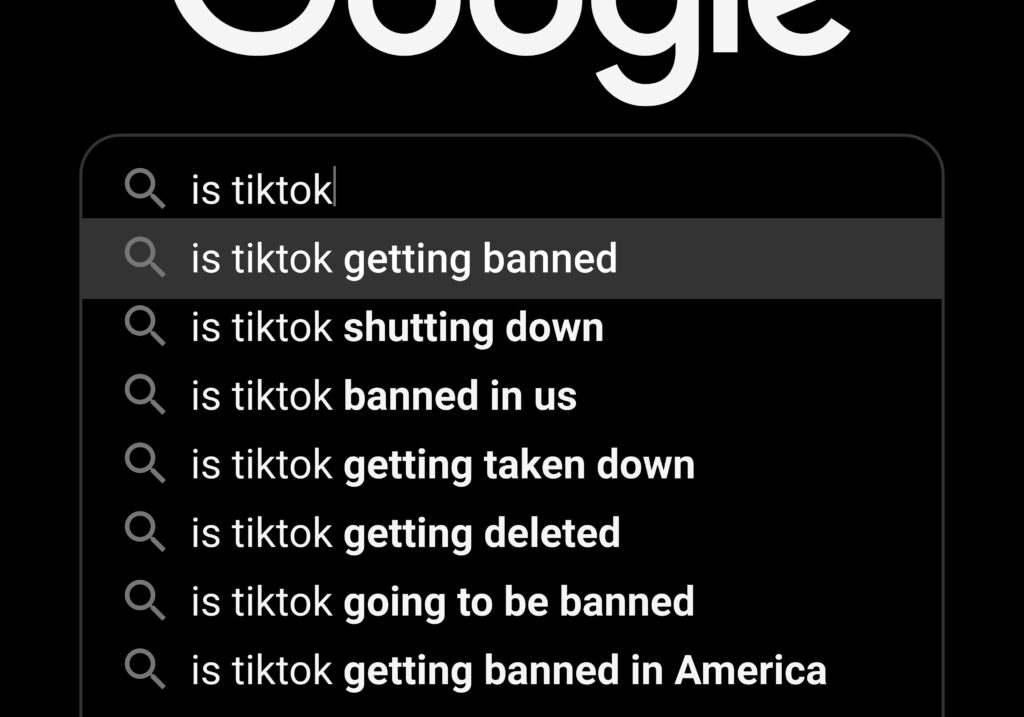1. Introduction
As a small business owner, you understand the importance of local visibility. In today’s digital landscape, mastering SEO is essential for becoming a local legend. Let’s explore how strategies like Google My Business, Local Keywords, Local Pack, and Near Me Keywords can propel your business to the top of local search results.
2. Unveiling the Local SEO Toolkit
2.1. Local Keywords and Their Magic
Local keywords are the lifeblood of local SEO. These specific terms—such as “best coffee shop in Vancouver” or “plumber near me”—connect you with local customers. Here’s how to wield their magic:
Understanding Local Keywords
Local keywords reflect what people search for in their immediate vicinity. By optimizing your content with these terms, you increase your chances of appearing in local search results.
Keyword Research
Start by researching relevant local keywords. Tools like Google Keyword Planner or Ubersuggest can help you identify popular search terms specific to your area.
Long-Tail Keywords
Don’t overlook long-tail keywords. These longer phrases (e.g., “organic grocery store in Kitsilano”) attract highly targeted traffic and have less competition.
2.2. Google My Business (GMB) Optimization
Your Google My Business profile is your digital storefront. Maximize its impact:
Claiming and Verifying Your GMB Listing
If you haven’t already, claim your GMB listing. Verify your business details, including address, phone number, and business hours.
Profile Completion
A complete GMB profile enhances your chances of appearing in the Local Pack—the top 3 listings on Google Maps. Add high-quality photos, a compelling business description, and relevant categories.
Reviews and Ratings
Encourage customers to leave reviews. Positive reviews boost credibility and improve your local ranking.
3. Crafting Local Legends: Best Practices
3.1. On-Page Optimization for Local SEO
Your website plays a pivotal role in local SEO. Here’s how to optimize it:
Title Tags and Meta Descriptions
Incorporate local keywords into your page titles and meta descriptions. For instance, “Best Pizza in Gastown: Our Authentic Italian Menu.”
Local Landing Pages
Create dedicated pages for specific locations or services. If you have multiple branches, tailor content to each area.
Structured Data Markup
Use schema markup to provide search engines with additional context about your business. This can enhance your appearance in local search results.
Mobile Optimization
Ensure your website is mobile-friendly. Google prioritizes mobile-responsive sites in local searches.

3.2. Building Local Citations and Backlinks
Local citations (mentions of your business online) and backlinks (links from other websites to yours) matter. Here’s how to build them:
Local Directories and Listings
Consistent NAP (Name, Address, Phone Number) information across directories is essential. Claim your business on platforms like Yelp, Yellow Pages, and TripAdvisor.
Local Link Building
Reach out to local bloggers, influencers, and community websites. Collaborate on content or guest posts to earn valuable backlinks.
Community Involvement
Participate in local events, sponsor local charities, and engage with the community. These actions not only build goodwill but also boost your local SEO.
4. Measuring Success and Staying Ahead
Tracking Metrics
Monitor key performance indicators (KPIs) such as organic traffic, conversion rates, and click-through rates. Tools like Google Analytics and Google Search Console provide valuable insights.
Adapting to Algorithm Changes
Search algorithms evolve. Stay informed about updates and adjust your strategies accordingly. Attend local SEO webinars and follow industry experts.
5. Conclusion
Becoming a local legend isn’t reserved for big corporations. Small businesses can dominate search results by mastering local SEO. Implement the strategies outlined above, and watch your online visibility soar. Remember, local legends aren’t born—they’re optimized! 🌟🚀

